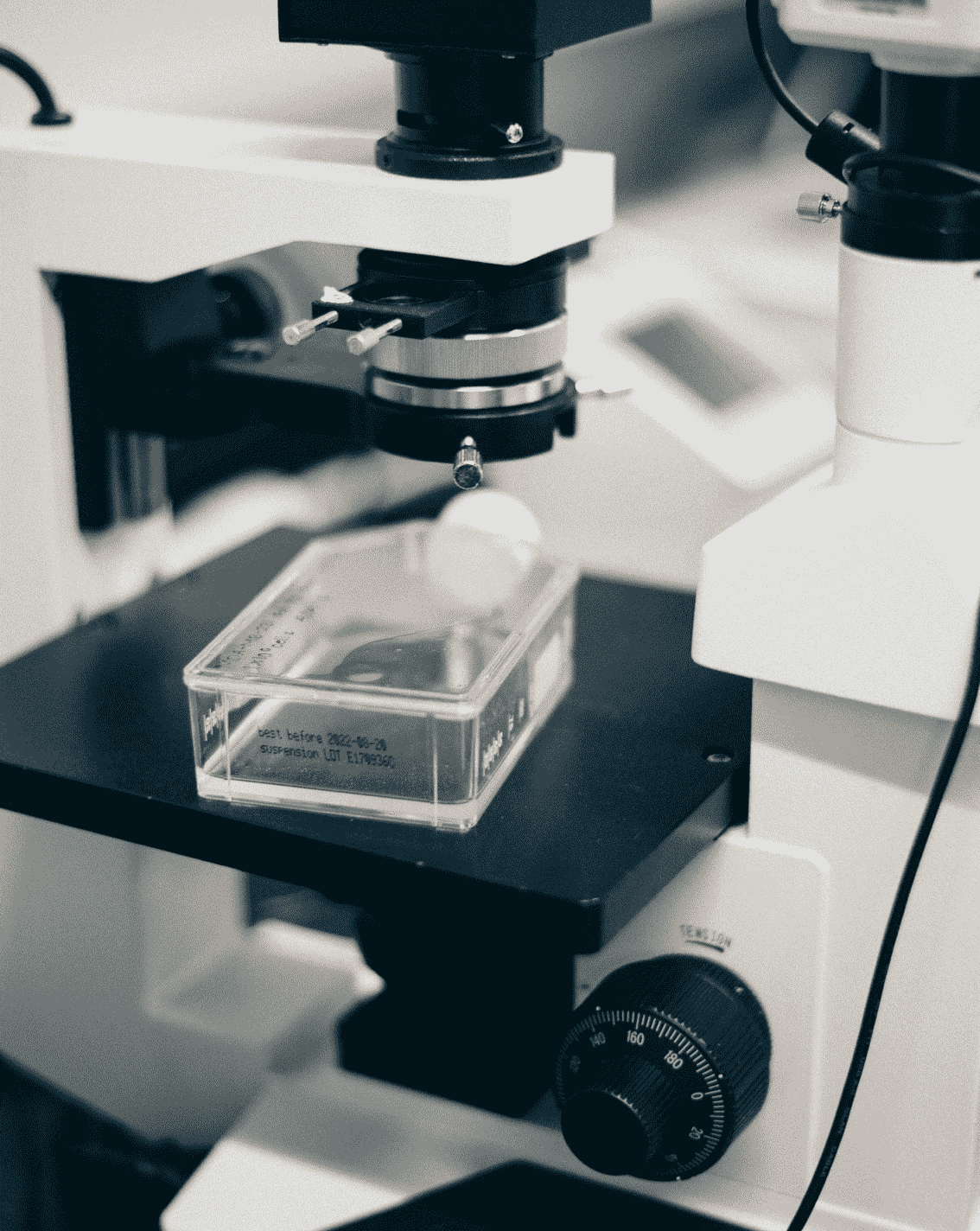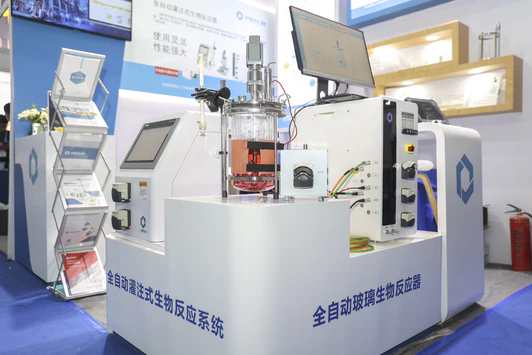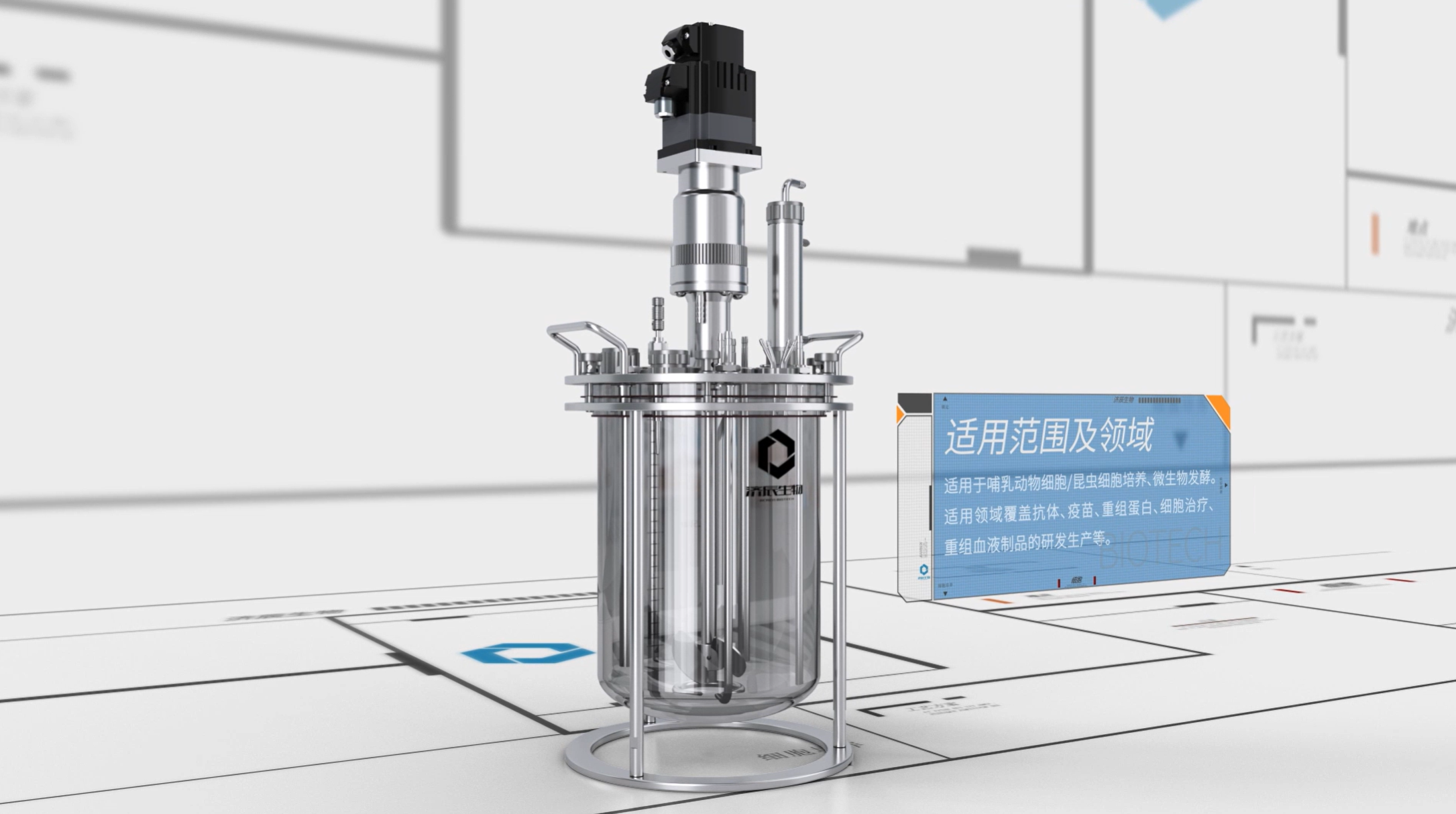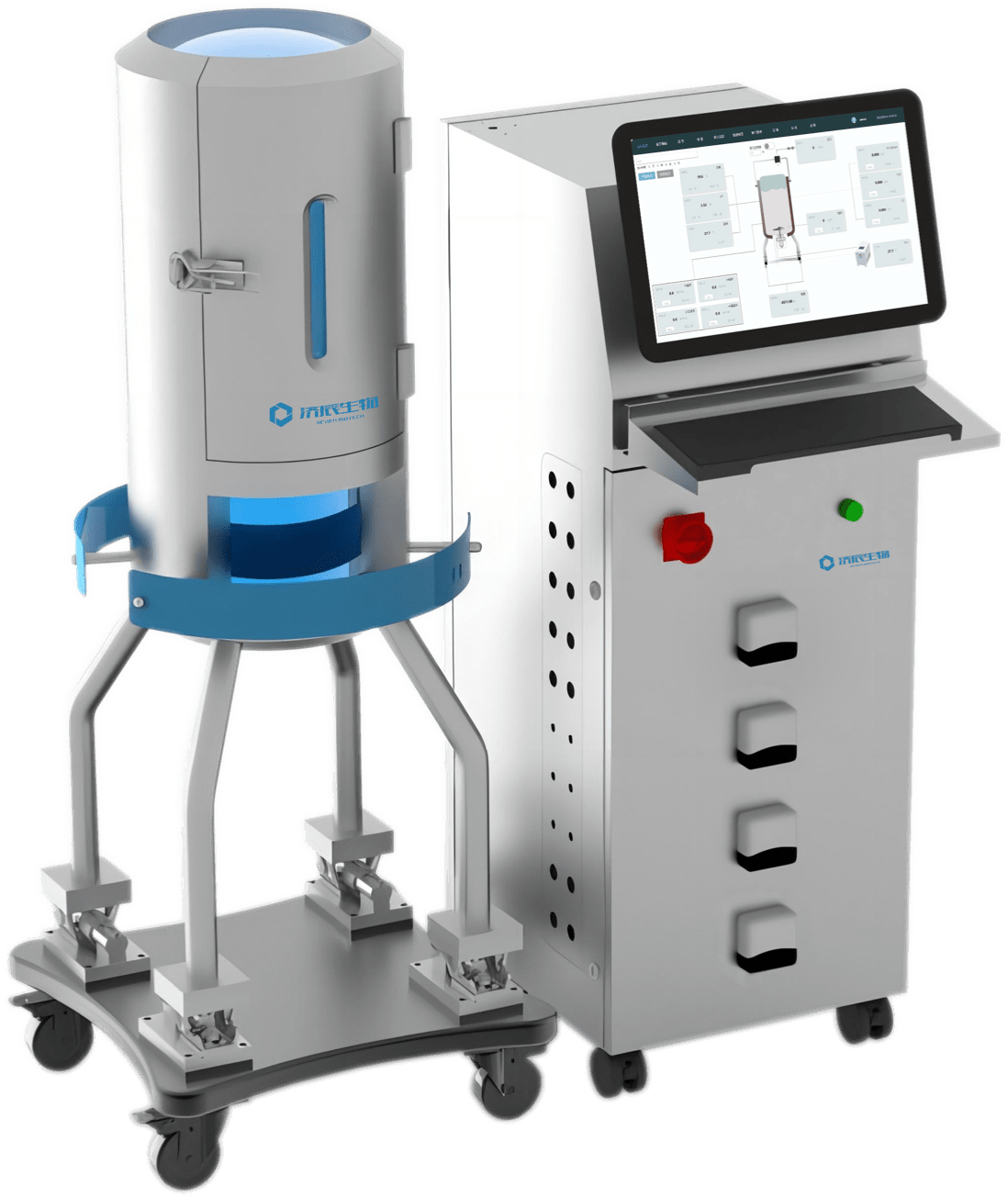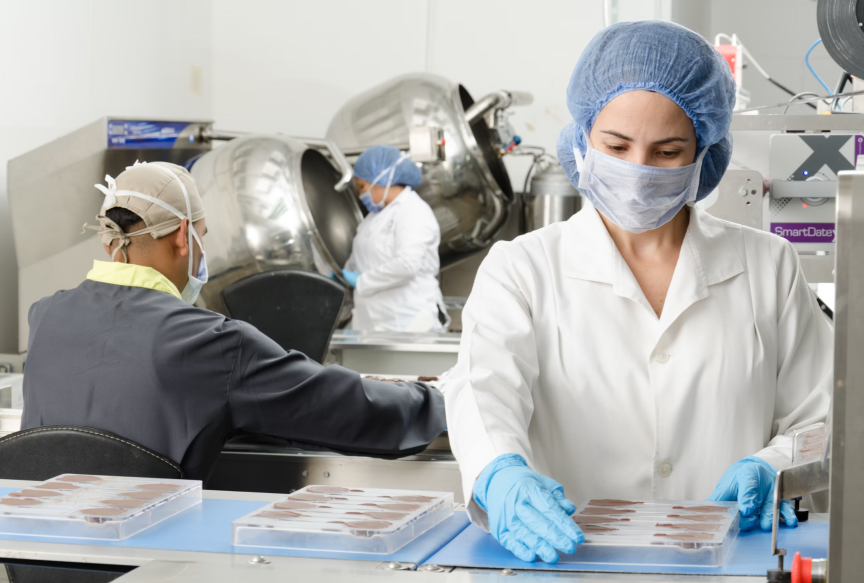With advances in biotechnology, fermentation systems play a central role in areas such as biopharmaceuticals, food processing and biofuel production. This paper explores innovative advances in fermentation systems and analyzes how these innovations have influenced the evolution of bioprocess quality control strategies. By reviewing the latest technological developments, this paper aims to provide the fermentation industry with insights into the future direction of quality control.
fermentation technology is the core of bioengineering, which produces various products through the metabolic activities of microorganisms. With the growing demand for bioproducts in the market, the efficiency and reliability of fermentation systems have become critical. Quality control is a key component in ensuring the safety, efficacy and consistency of fermentation products. This paper will explore innovations in fermentation systems and analyze how these innovations are driving the development of bioprocess quality control strategies.
Innovations in Fermentation Systems
1. Automation and Intelligent Controls{{{37 38}}
In recent years, the automation level of fermentation systems has been significantly improved by integrating advanced sensors, control systems and data processing software. Intelligent fermentation systems can automatically adjust fermentation parameters based on real-time data to improve production efficiency and product consistency.
2. Microbial engineering
Through gene editing and metabolic engineering, scientists have been able to design microbial strains that are more suitable for industrial production. These engineered microbes excel in increasing yields, reducing by-products, and enhancing environmental resilience.
3. Optimization of fermentation processes
The development of newer processes such as continuous fermentation, solid-state fermentation and mixed-culture fermentation has provided a more efficient way to produce different types of bioproducts.
Evolution of bioprocess quality control strategies
1. From end-point detection to process monitoring
Traditional quality control relies mainly on end-product inspection. With the development of online monitoring technologies, quality control strategies have shifted to real-time monitoring of key parameters of the fermentation process, allowing for immediate adjustments and preventive maintenance.
2. Multi-parameter correlation analysis
Modern quality control strategies do not only focus on a single parameter, but also on multi-parameter correlation analysis to understand the complex interactions in the fermentation process. This approach helps to reveal potential factors affecting product quality.
3. RISK ASSESSMENT AND MANAGEMENT SYSTEMS
Uncertainties in fermentation processes need to be controlled by risk assessment and management systems. These systems incorporate statistical process control (SPC) and other quality management tools to reduce production risks.
Integration of fermentation system innovations and quality control strategies
1. Data Driven decision making
Innovation in fermentation systems generates a large amount of data that provides the basis for data-driven decision making. Through advanced analytics and machine learning, quality control strategies can be made more precise and personalized.
2. Maintenance and improvement of aseptic environments
Maintenance of aseptic environments is critical to fermentation success. Novel aseptic technologies, such as non-thermal plasma and UV irradiation, are being integrated into fermentation systems to improve product quality.
3. Sustainable fermentation
Sustainable fermentation requires the reduction of energy consumption and waste generation while maintaining product quality. Innovations in fermentation systems and the evolution of control strategies are driving this goal.
Continuing innovations in fermentation systems have provided new tools and methods for bioprocess quality control. These innovations not only improve productivity and product consistency, but also offer possibilities for sustainable development in the fermentation industry. Future quality control strategies will continue to rely on advances in fermentation technology and the application of interdisciplinary collaboration in data analysis, microbial engineering, and systems biology. As technology continues to advance, the convergence of fermentation systems and quality control strategies will drive the entire field of bioengineering forward.
